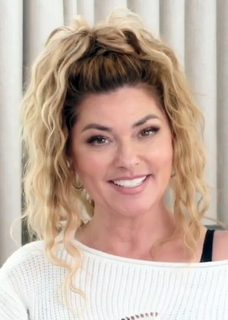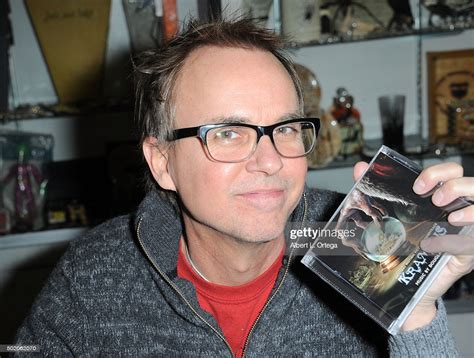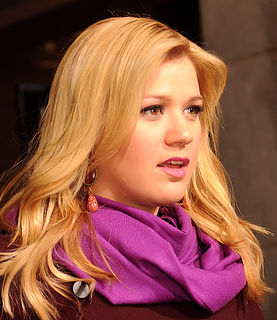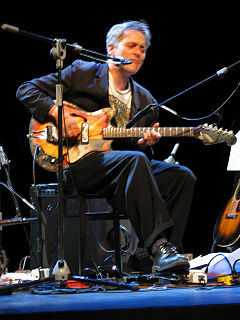A Quote by Jeff Nichols
With 'Midnight Special,' the sound was used as a narrative construct. The audience is looking in one direction when a sound suddenly erupts from the other direction.
Related Quotes
We needed to make a sound that's not gonna fit in with everything else - we wanted to make something that was completely unique and individual to us. We spent a lot of time trying to make a sound that was a One Direction sound. At first it was quite hard to do that, but I'm really happy with the sound.
I use all types of instruments, really depending on the film. Instrument choices are very much tied to lighting, colors, art direction, as well as the narrative elements. I have a great collection of vintage synths, and of course I do like to write for acoustic instruments. I find the depth and intricacy of sound and emotion you can get with acoustic ensembles extremely versatile and effective in the overall sound environment. Also, the human aspect of performance is such an important part of the music score to character connection.
People think of time as a continuum composed of points which is stretched out at a line, and even if you add a direction to it and say one direction on the line is past and the other direction is future, or better, one direction is "earlier than" and the other direction is "later than", you're still thinking of it as like a geometrical line which is stretched out rather than as a dynamic process of becoming.
An acoustic ecologist is a listener who is aware that sound is information. It's information because it's created by events, events produce sound, and that sound has all kinds of data, if you will, that conveys what event occurred, what the materials were, whether it was sudden, slow, loud, in what direction. And because it is information, we can think of it as a message. The acoustic ecologist studies information systems that are both intentional and sometimes wild.
To construct a scientific theory from the data and to be able to recognize that it is a reasonable theory is possible only if there are some very sharp restrictive principles that lead you to go in one direction and not in another direction. Otherwise, you wouldn't have science at all, merely randomly chosen hypotheses.
When we sit in meditation and hear a sound, we think, 'Oh, that sound's bothering me.' If we see it like this, we suffer. But if we investigate a little deeper, we see that the sound is simply sound. If we understand like this, then there's nothing more to it. We leave it be. The sound is just sound, why should you go and grab it? You see that actually it was you who went out and disturbed the sound.






































